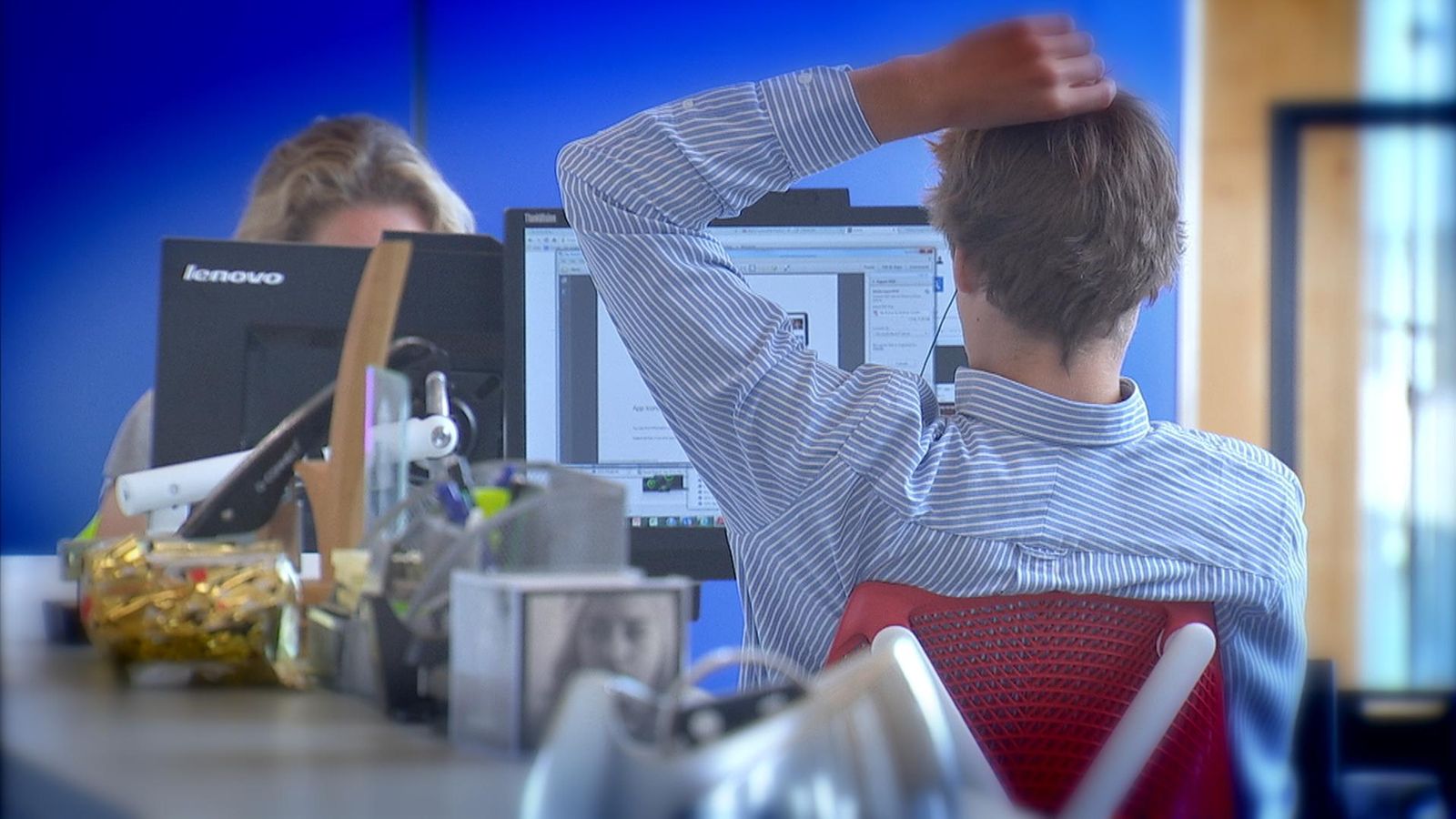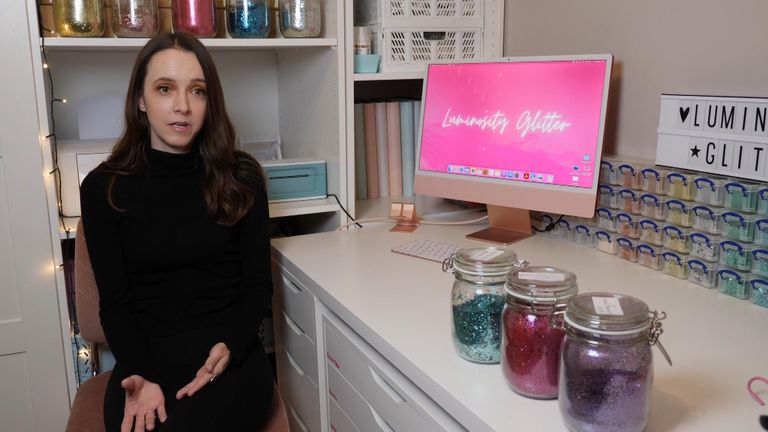Nearly one in seven Britons experience anxiety about the week ahead, dubbed the “Sunday scaries”, with work stress the most common trigger, according to new figures.
Research by the Office for Health Improvement and Disparities also found 53% of people feel anxious about working in person, compared to 6% of people who feel anxious about working at home.
The survey of more than 4,000 people was released just over a week after the World Health Organisation released its first-ever set of guidelines on how to improve mental health in the workplace.
It includes advice for managers on how they can prevent work environments becoming too stressful, while supporting staff who are struggling.
The WHO suggests that the guidance can help “open up conversations at work”, while also increasing economic productivity.
“The well-being of the individual is reason enough to act, but poor mental health can also have a debilitating impact on a person’s performance and productivity,” said WHO director-general Dr Tedros Adhanom Ghebreyesus.
“These new guidelines can help prevent negative work situations and cultures and offer much-needed mental health protection and support for working people.”
The guidelines also suggest employers should make adjustments for workers with mental health conditions and psychosocial disabilities, as well as offering support for those returning to work after mental health-related absences.
Workloads and lack of support
Lauren-Daisy Jones, 29, has welcomed the news. She was forced to leave her dream job as a flight attendant last year after suffering fatigue and depression linked to workload and lack of support from her bosses.
“It got to the point where I would do a really long day, flying every day for about two weeks. I got home and I just sat on my bed exhausted, I couldn’t even get out of my uniform and I just sat there crying,” said Ms Jones, who runs Luminosity Glitter, her own biodegradable glitter business.
“My hair was falling out and I just thought, this is enough if I don’t leave now I’m going to make myself extremely unwell.”
As well as the strain that came with flying constantly, she was unable to take time off for difficult moments in her life, like the death of her best friend and her mum being diagnosed with cancer.
“You know when you’ve lost someone, or you want to go and support your family and be there for them, that you can’t do,” she said. “You need to put on a smile and brave face and deal with hundreds of people a day in a metal tube in the sky, where you’ve got no escape.”
‘Companies need to change cultures’
Bex Spiller also left her job due to burnout. She began to study the economics of wellbeing before starting her own business, The Anti-Burnout Club, which aims to provide organisations with the tools to support mental wellbeing in the workplace.
She believes the guidelines will help as a starting point, but businesses will need to do more to change their cultures.
“We’re getting management saying to us ‘well, you know, we’ve got a meditation, we do pizza parties’ and I’m saying ‘okay, well, how’s their workload? What’s the culture like, do they feel connected or are they isolated?’
“It’s really, really important that workplaces get together as well and share ideas and say ‘well, how can we make this better for the whole of the UK workforce and beyond?'”
‘People before profits’
This is a hope also shared by the WHO.
Dr Aiysha Malik, the organisation’s Mental Health Specialist and Focal Point for Work and Mental Health, said this would “serve as a chance to open up an international conversation”.
For Ms Jones, who can’t see herself returning to work for an employer and has friends still struggling at her old workplace, it’s about putting people before profits.
“I think people need to look at these guidelines and start thinking ‘how do I put employees and people first and recognise them as people that go through really rubbish times in life’, and support them with that.”


